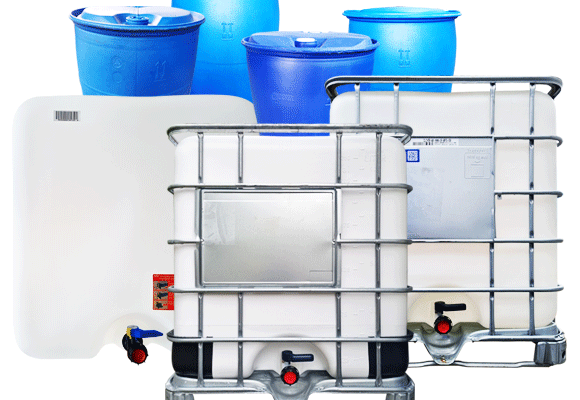Introduction: Intermediate Bulk Containers (IBCs) have become indispensable in various industries, serving as an efficient and eco-friendly solution for storing and transporting liquids and bulk materials. These versatile tanks, also known as ibc탱크 or IBC containers, have gained popularity due to their durability, ease of use, and sustainability. In this comprehensive guide, we will delve into the world of IBC tanks, exploring their applications, benefits, and eco-friendly features.
Understanding IBC Tanks
An IBC tank is a large, reusable container designed to store and transport a wide range of materials, including liquids, chemicals, food products, pharmaceuticals, and more. These tanks typically consist of three main components:
- Container: The outer shell, often made of high-density polyethylene (HDPE), provides structural integrity and protection. It is designed to withstand various environmental conditions, ensuring the safe storage and transportation of contents.
- Inner Bottle: The inner bottle or bladder is the primary containment vessel. It is usually made from materials compatible with the stored substance to prevent contamination or chemical reactions.
- Pallet or Base: The base of the ibc탱크 often includes a pallet for easy handling with forklifts or pallet jacks. This design facilitates efficient transportation and stacking.
Applications of IBC Tanks
IBC tanks find applications in a wide range of industries due to their versatility. Some common uses include:
- Chemical Industry: IBC tanks are ideal for storing and transporting chemicals, including hazardous materials. Their robust construction and compatibility with a variety of chemical substances make them a popular choice.
- Food and Beverage Industry: These tanks are widely used for storing and transporting food-grade materials such as oils, syrups, and beverages. Their food-safe inner liners ensure product quality and safety.
- Agriculture: Farmers use IBC tanks for water storage, fertilizers, and pesticides. Their mobility and durability make them valuable assets on farms.
- Pharmaceuticals: The pharmaceutical industry relies on IBC tanks to transport and store bulk quantities of raw materials and pharmaceutical products safely.
- Waste Management: IBC tanks can be repurposed as waste collection containers, promoting responsible waste disposal and recycling.
Benefits of IBC Tanks
- Cost-Effective: IBC tanks are a cost-effective alternative to traditional storage and transportation methods. Their reusable nature reduces the need for disposable containers, saving money in the long run.
- Space Efficiency: IBC tanks are stackable, maximizing storage space in warehouses or during transportation, which reduces storage costs.
- Environmental Friendliness: IBC tanks promote sustainability by reducing the consumption of single-use containers. Their durability and reusability significantly minimize waste and carbon emissions.
- Easy Handling: IBC tanks are design for easy handling, with built-in pallets and forklift-accessible bases, reducing labor costs and risks of injury during transport and storage.
- Versatility: Their compatibility with various materials and substances makes IBC tanks versatile and adaptable to diverse industry needs.
- Durability: IBC tanks are build to last, with robust construction that withstands harsh environments, ensuring the safety of store contents.
Sustainability and IBC Tanks
In an era where environmental concerns are paramount, IBC tanks shine as a sustainable solution. Their contribution to sustainability can be summarize as follows:
- Reduced Waste: The reusability of IBC tanks significantly reduces the need for disposable packaging, minimizing waste generation.
- Lower Carbon Footprint: By reducing the demand for single-use containers, IBC tanks help decrease transportation costs and carbon emissions associated with manufacturing and disposal.
- Resource Conservation: The durable construction of ibc탱크 reduces the consumption of raw materials, contributing to resource conservation.
- Recyclability: At the end of their lifecycle, IBC tanks can often be recycle, further minimizing their environmental impact.
Conclusion
IBC tanks have revolutionized the storage and transportation of liquids and bulk materials across various industries. Their durability, cost-effectiveness, and eco-friendly features make them an attractive choice for businesses seeking to reduce waste and environmental impact. As sustainability becomes increasingly important, ibc탱크 are poise to play a pivotal role in promoting responsible resource management and a greener future.

